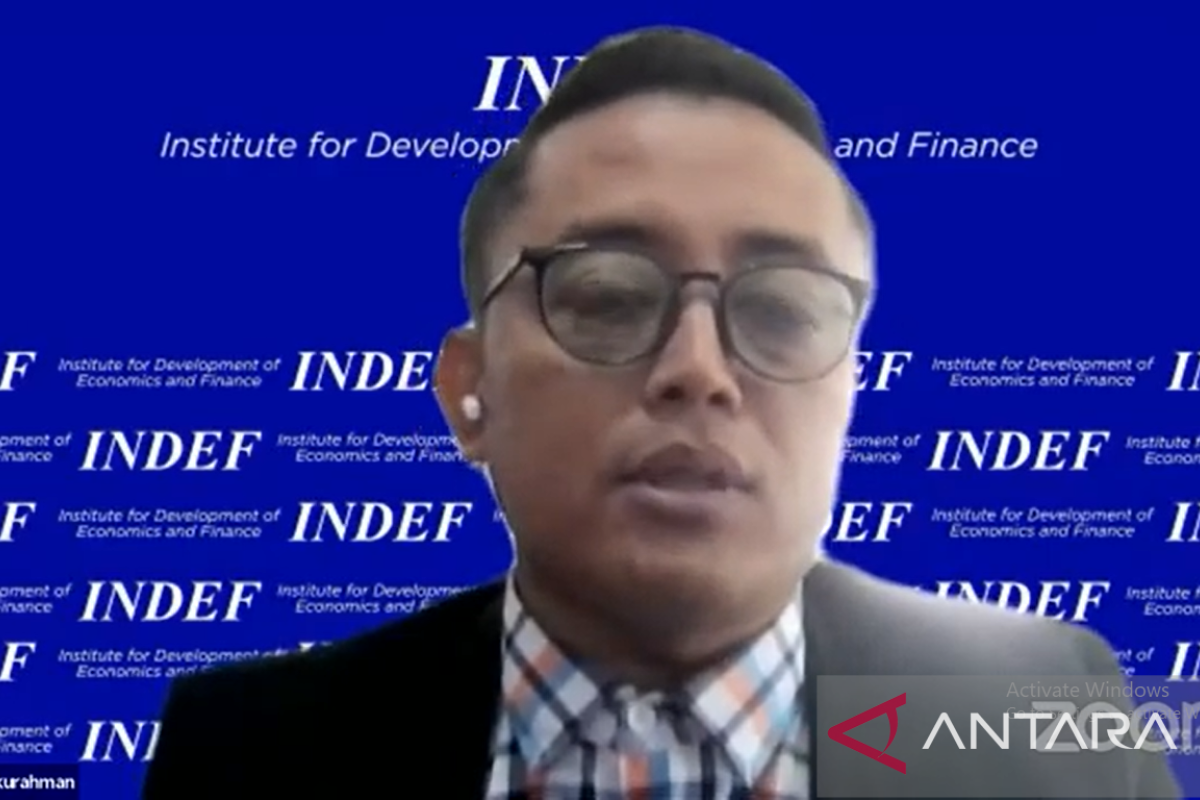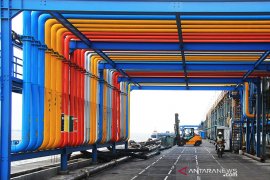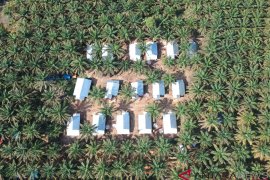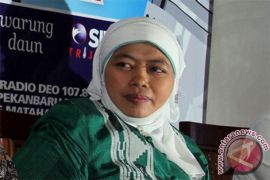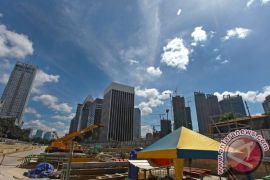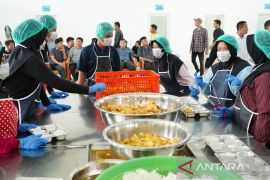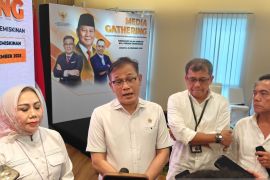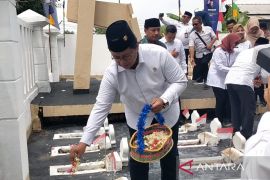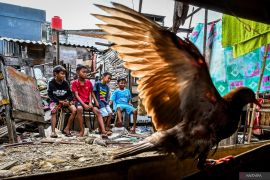"Nationally, the fuel subsidy policy can protect 5.7 million people, or 2.10 percent of Indonesia's population from falling into poverty, and 198 thousand of them are from fisher families," he said at a public discussion on energy subsidies and poverty followed online on Wednesday (March 8).
Taufikurahman noted that if the provision of fuel subsidies were to be halted, then East Java would become the province with the highest increase in poverty, as 1.1 million, or 1.8 percent of its residents, will fall into poverty.
Moreover, the 3kg liquefied petroleum gas (LPG) subsidy can empirically protect 6.9 million households from falling into poverty.
The number of people from fisher families that are protected from poverty by the 3kg LPG subsidy reached around 264 thousand, or three percent of the total number of people depending on fishing activities.
According to the Indef head, if fuel subsidies were removed, around four million people in Java Island would fall into poverty, and the largest number would be recorded in East Java.
"Energy subsidies must be given because they are mandated by law that must be implemented by the government. Hence, they must be right on target," he remarked.
He further noted that energy subsidies, in the form of fuel and 3kg LPG subsidies, are empirically proven to be able to protect Indonesian households from falling into poverty, especially among the fisher community.
"Energy subsidies should continue to be given and become priorities to maintain the quality of growth and become a 'pro-poor' fiscal policy," he said.
During the implementation, these energy subsidies are still utilized by people, who are not eligible. Thus, another policy regarding the efficiency and accuracy of distribution of subsidies is deemed necessary.
"Massive fuel subsidies do not reach (in terms of addressing) absolute or extreme poverty. The effectiveness of government programs, so far, needs to be improved in subsidy distribution that is right on target to reach zero percent (extreme poverty target) in 2024," he said.
Related news: 68% of subsidized LPG going to affluent households: minister
Related news: Government ensures fuel oil, LPG supplies safe until New Year
Translator: Martha Herlinawati, Raka Adji
Editor: Tia Mutiasari
Copyright © ANTARA 2023
